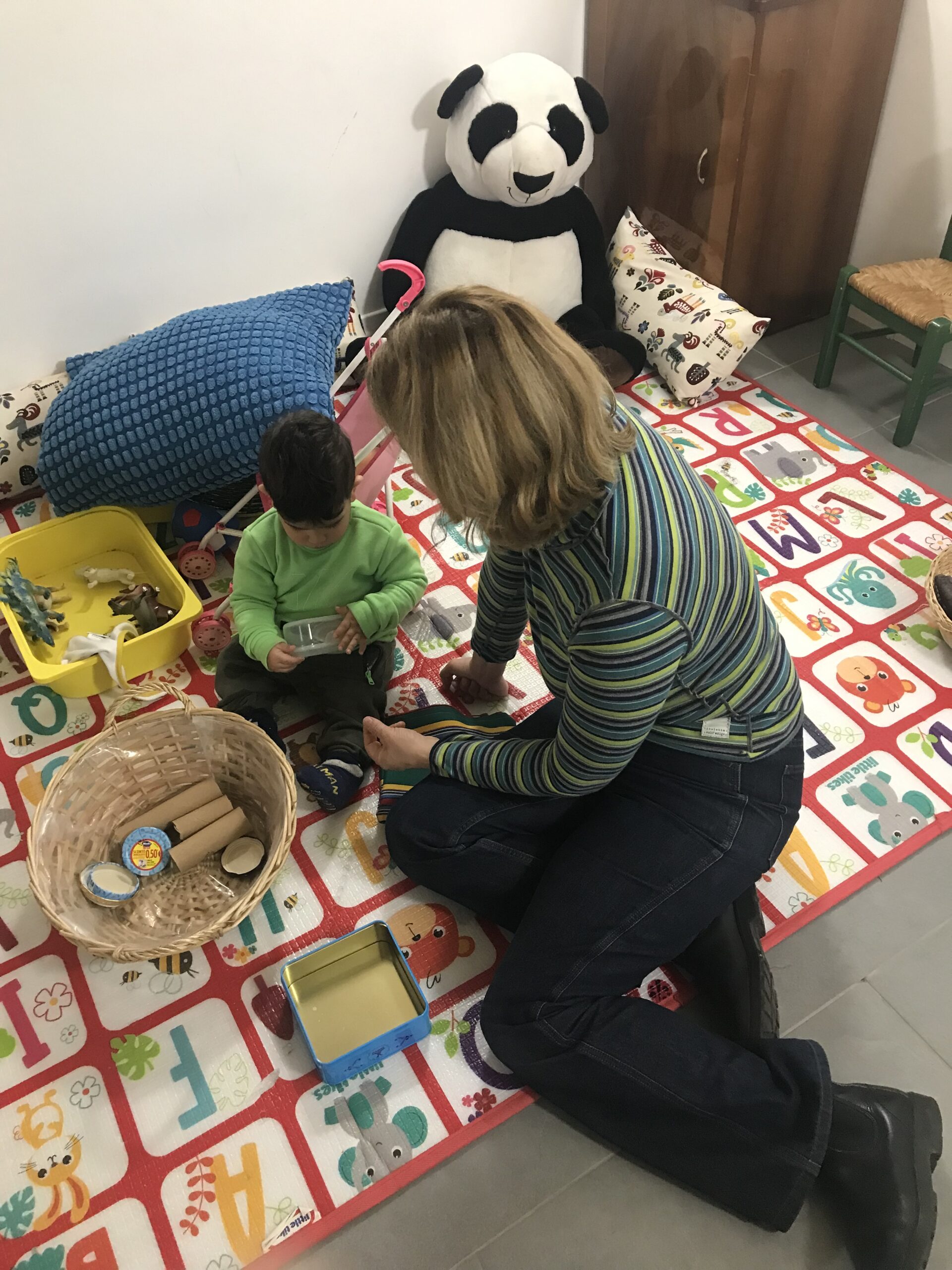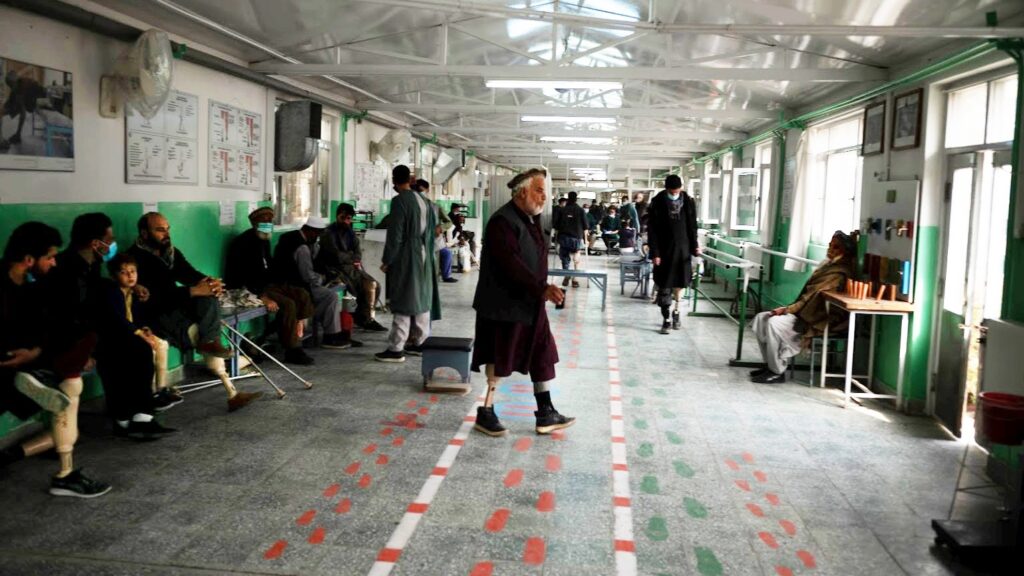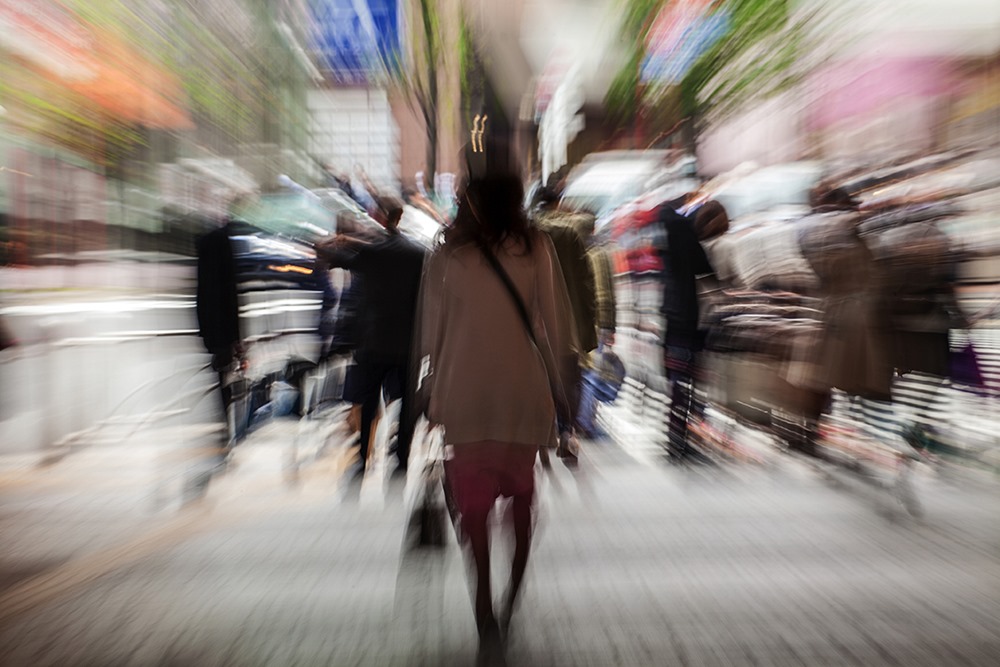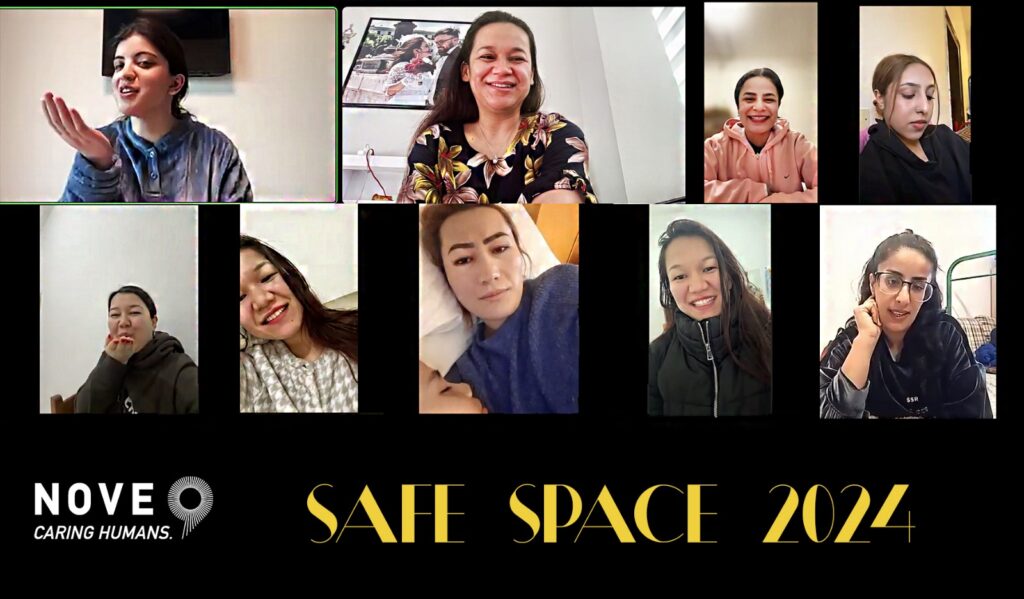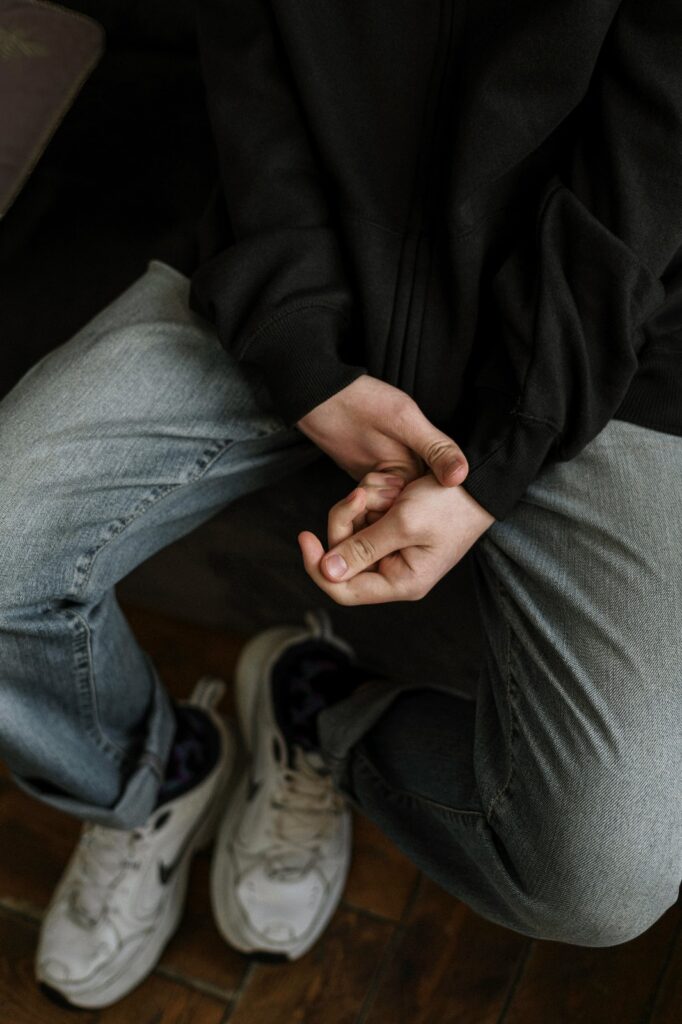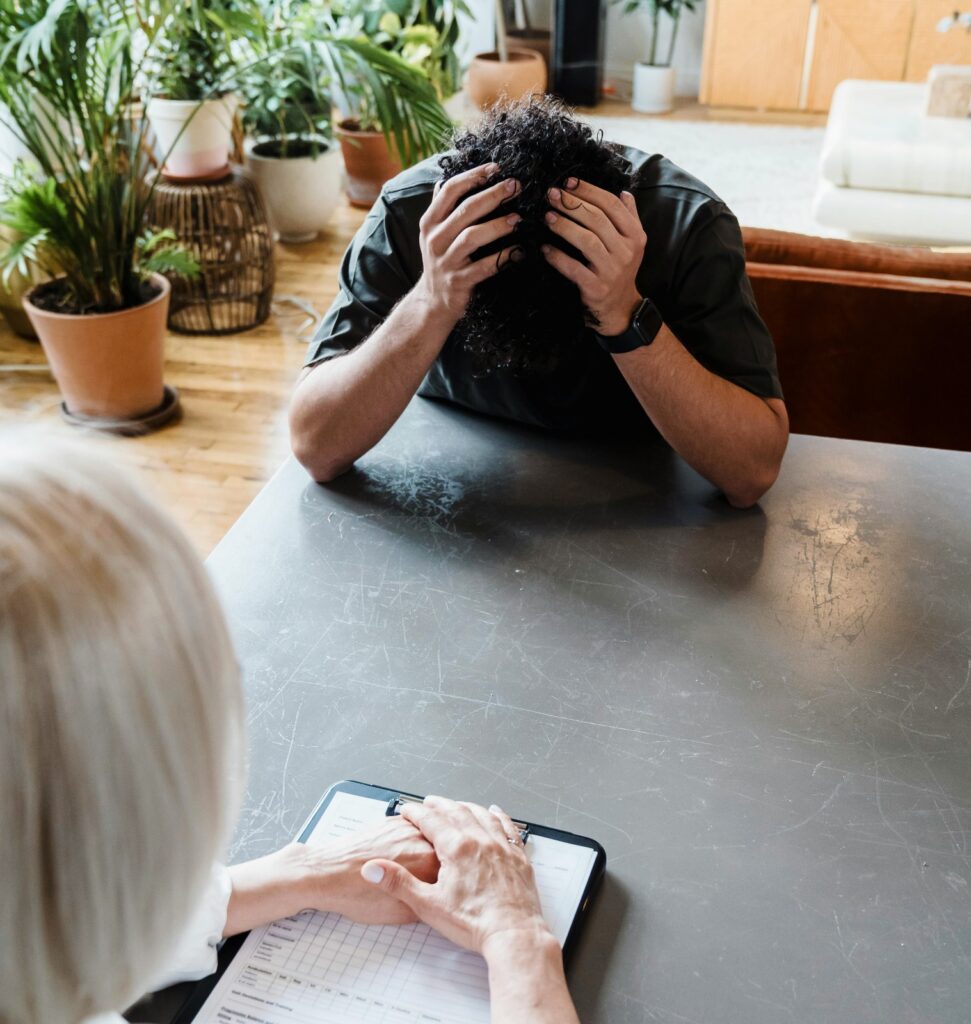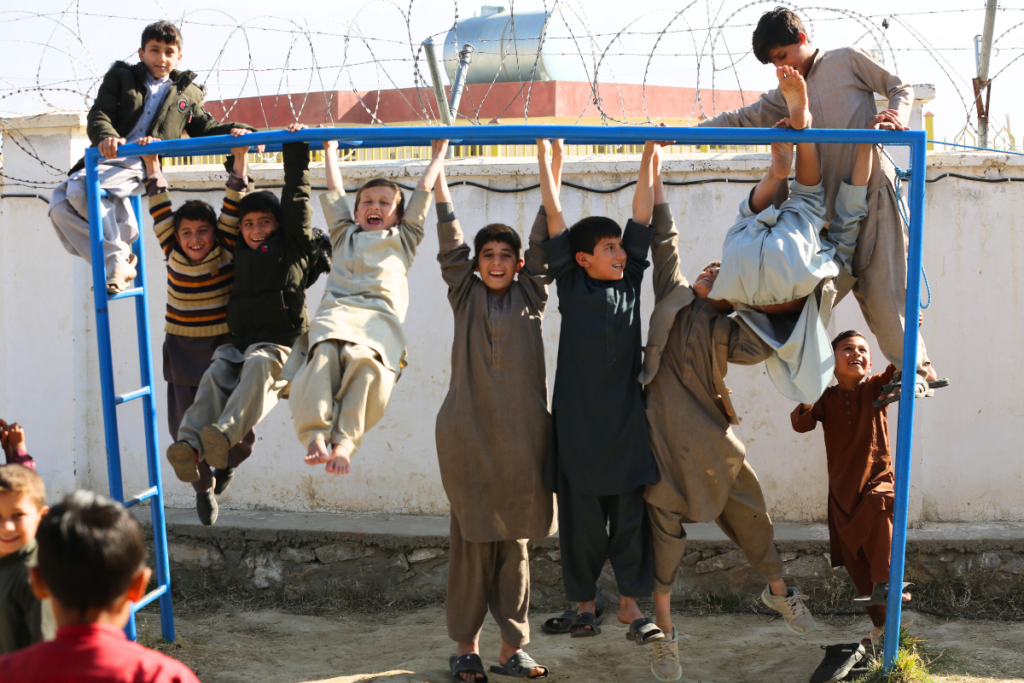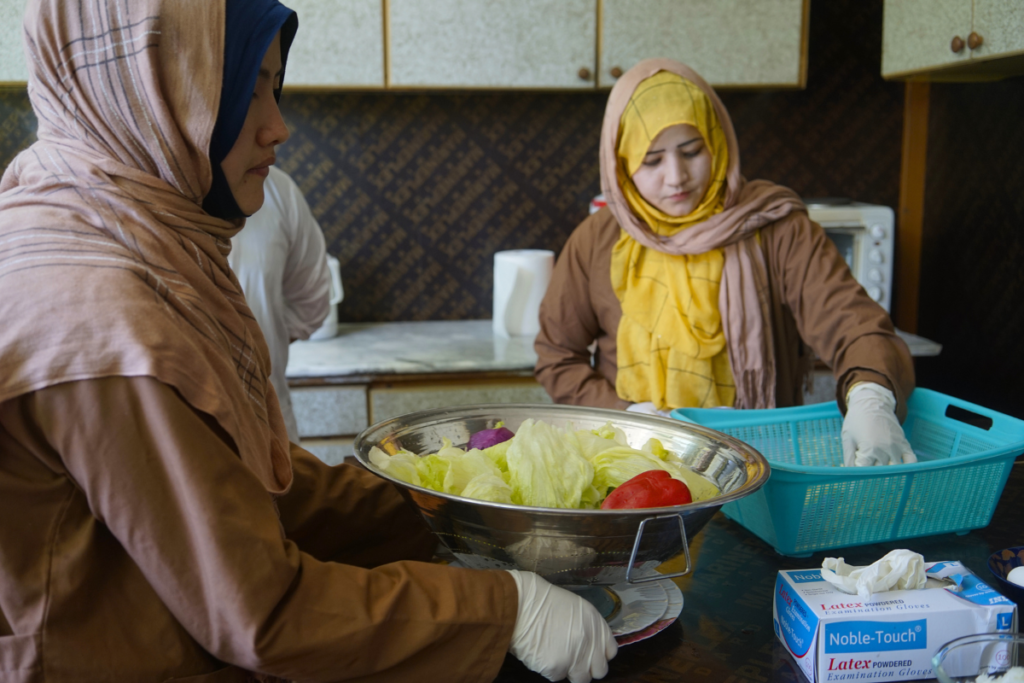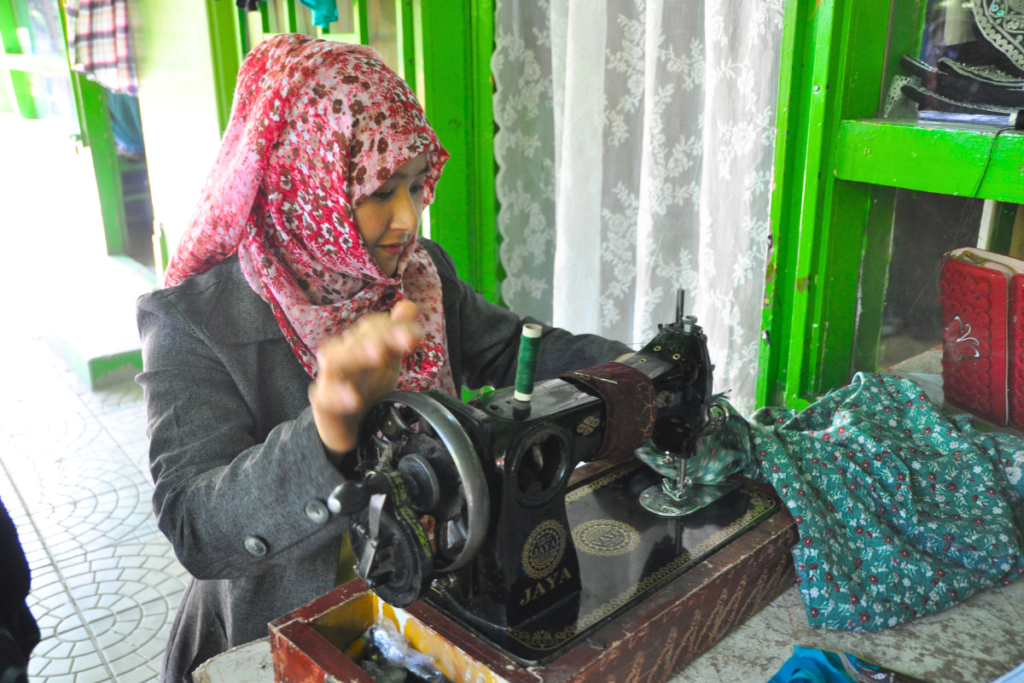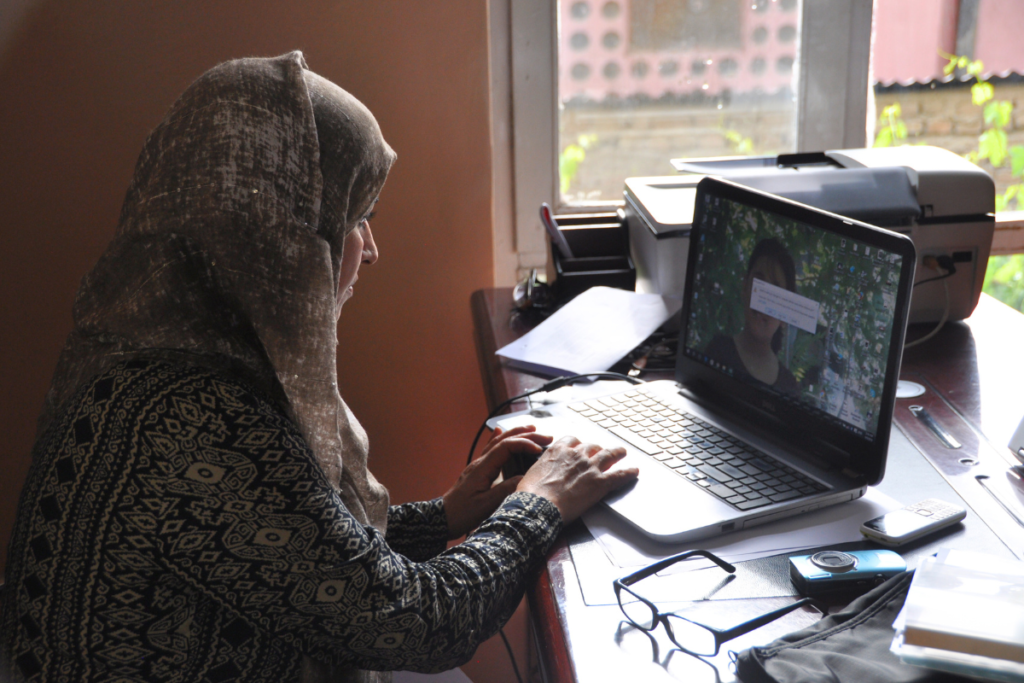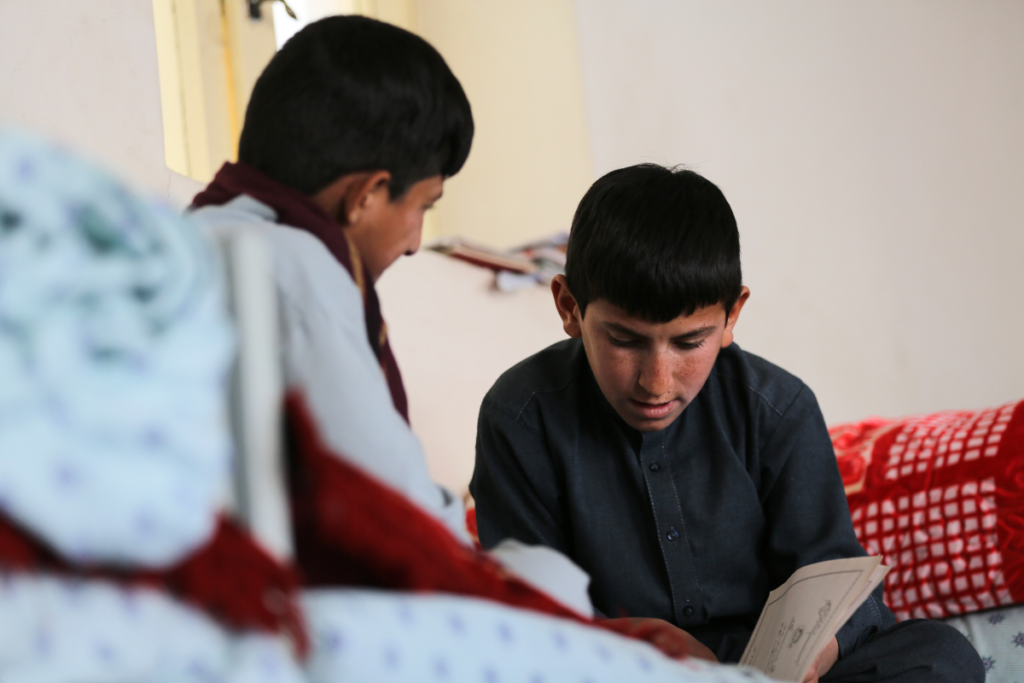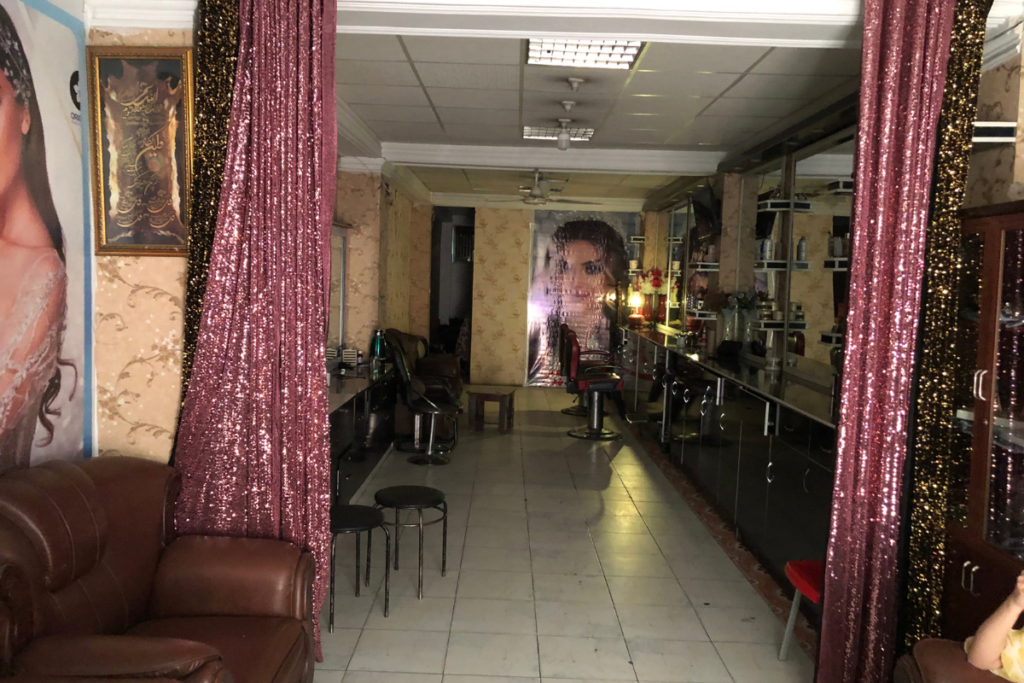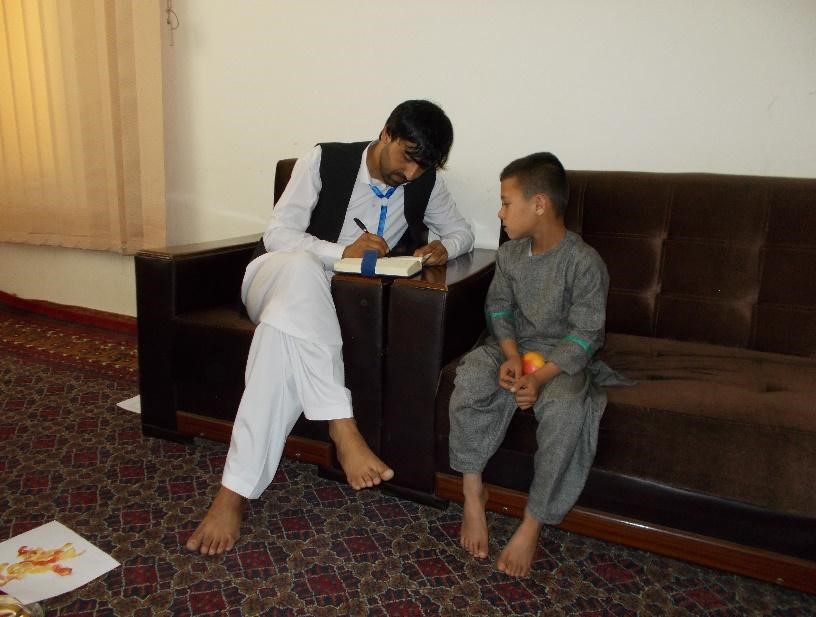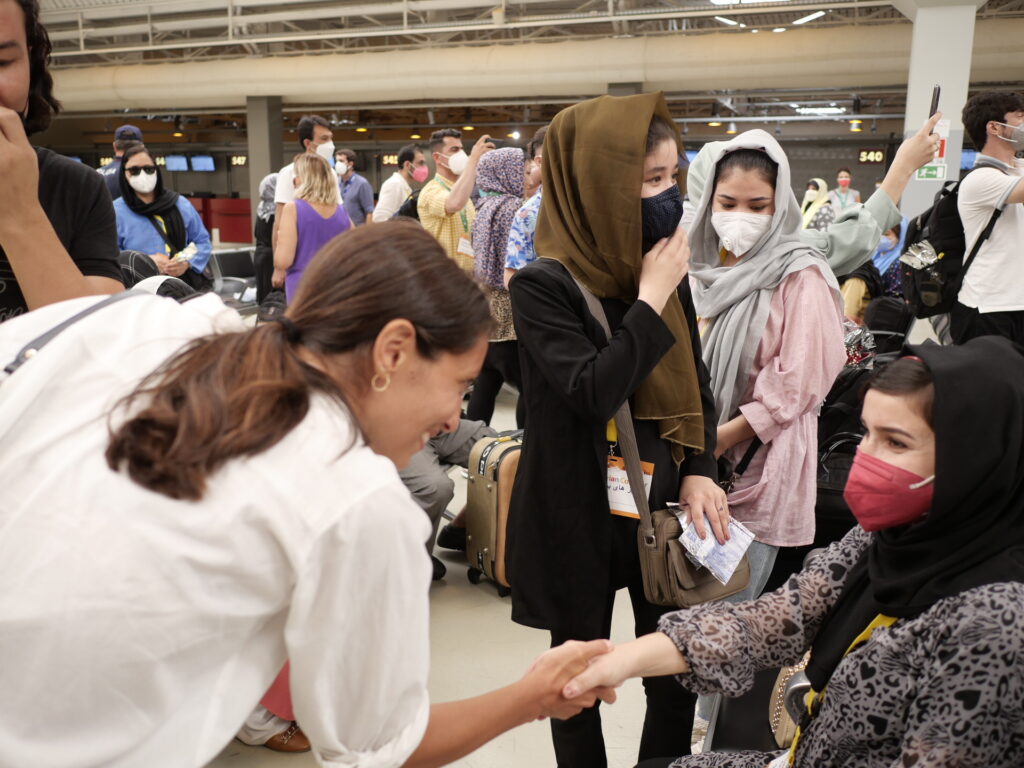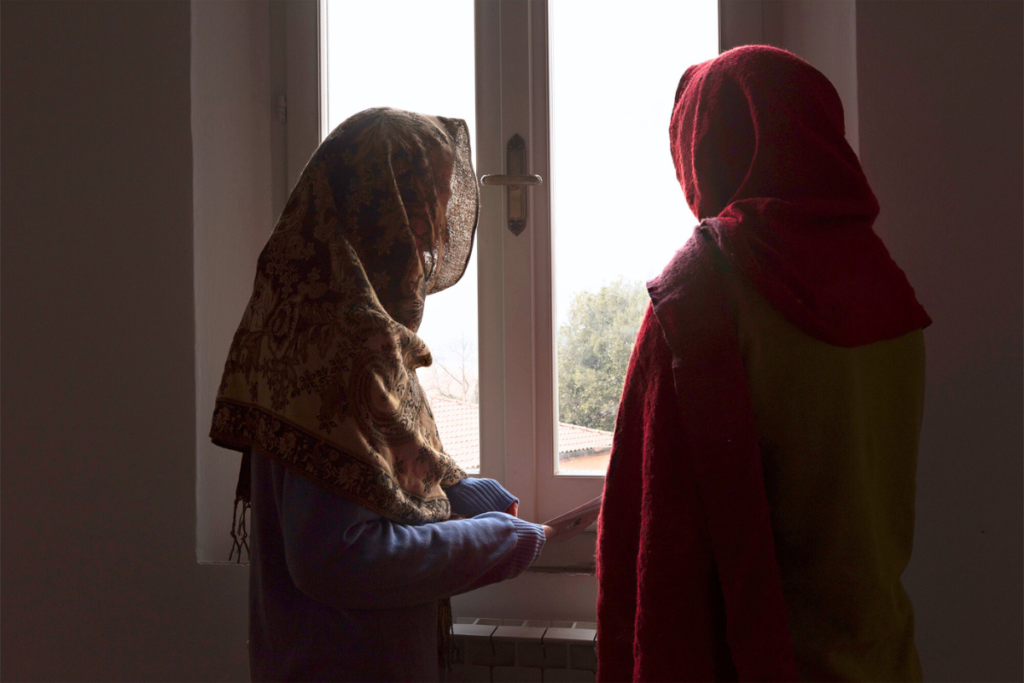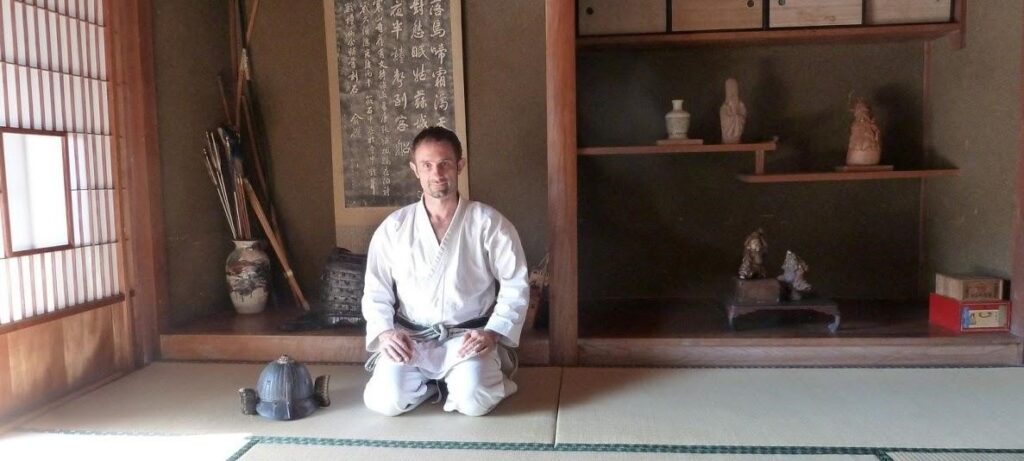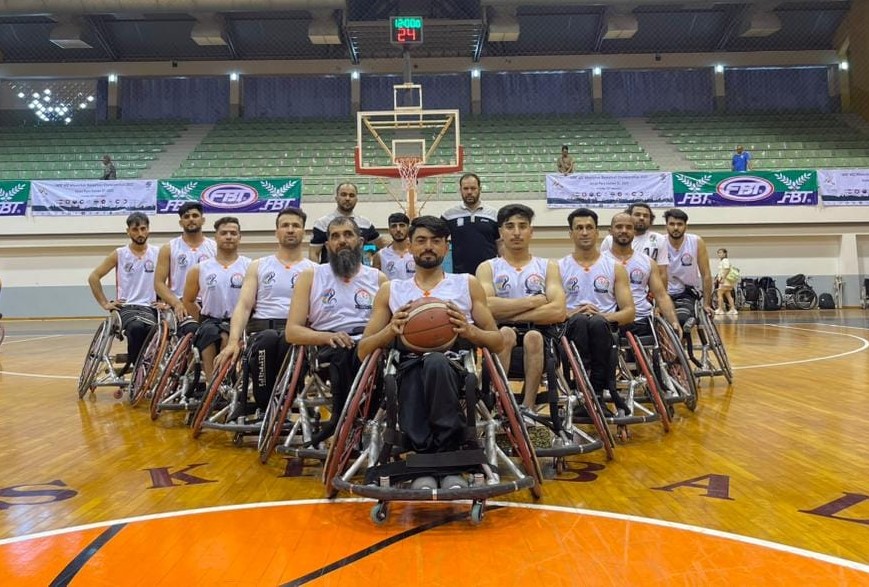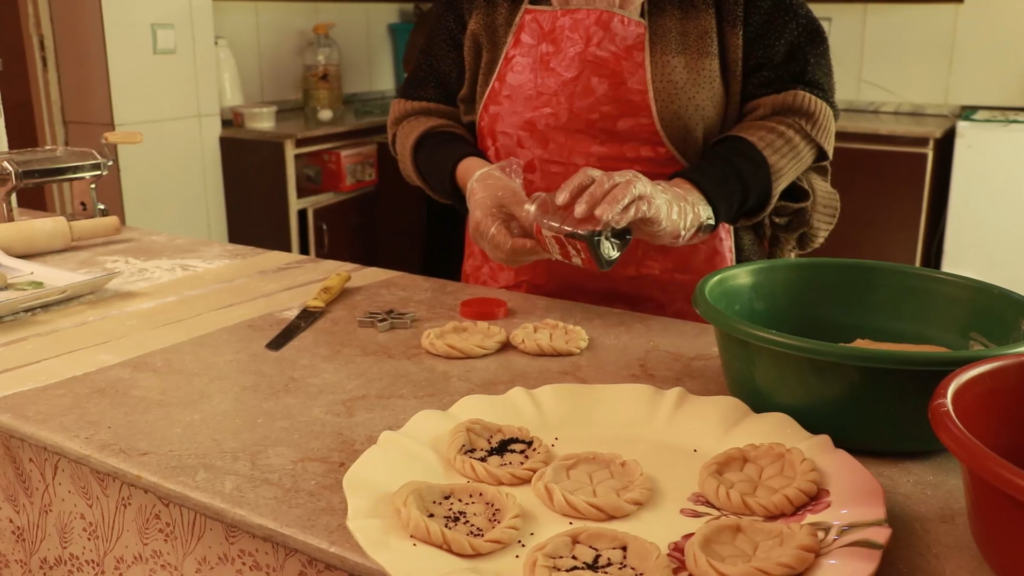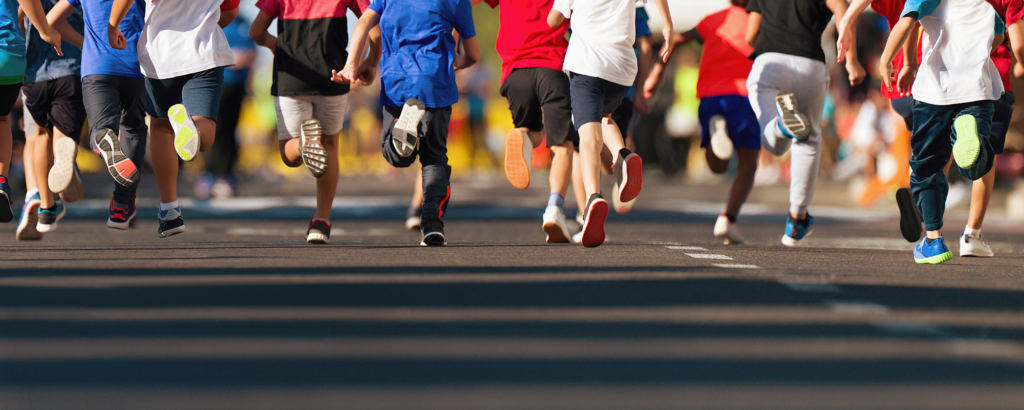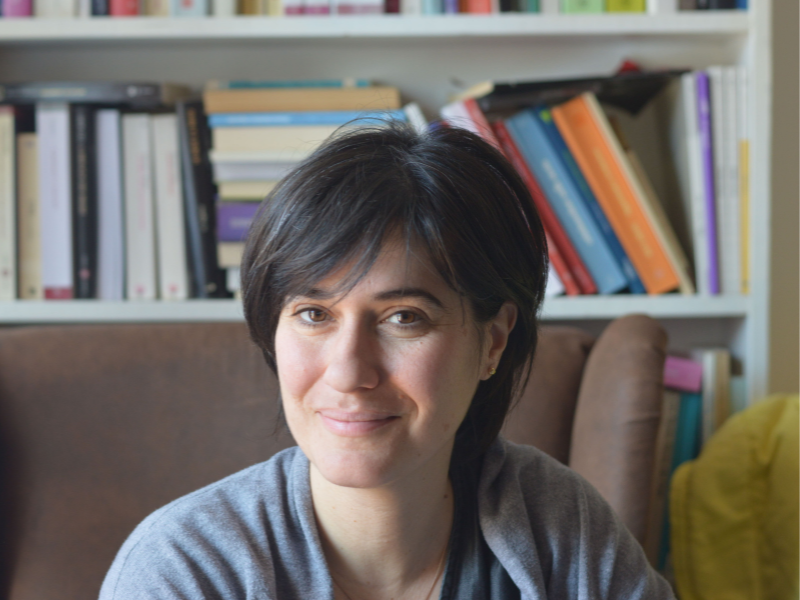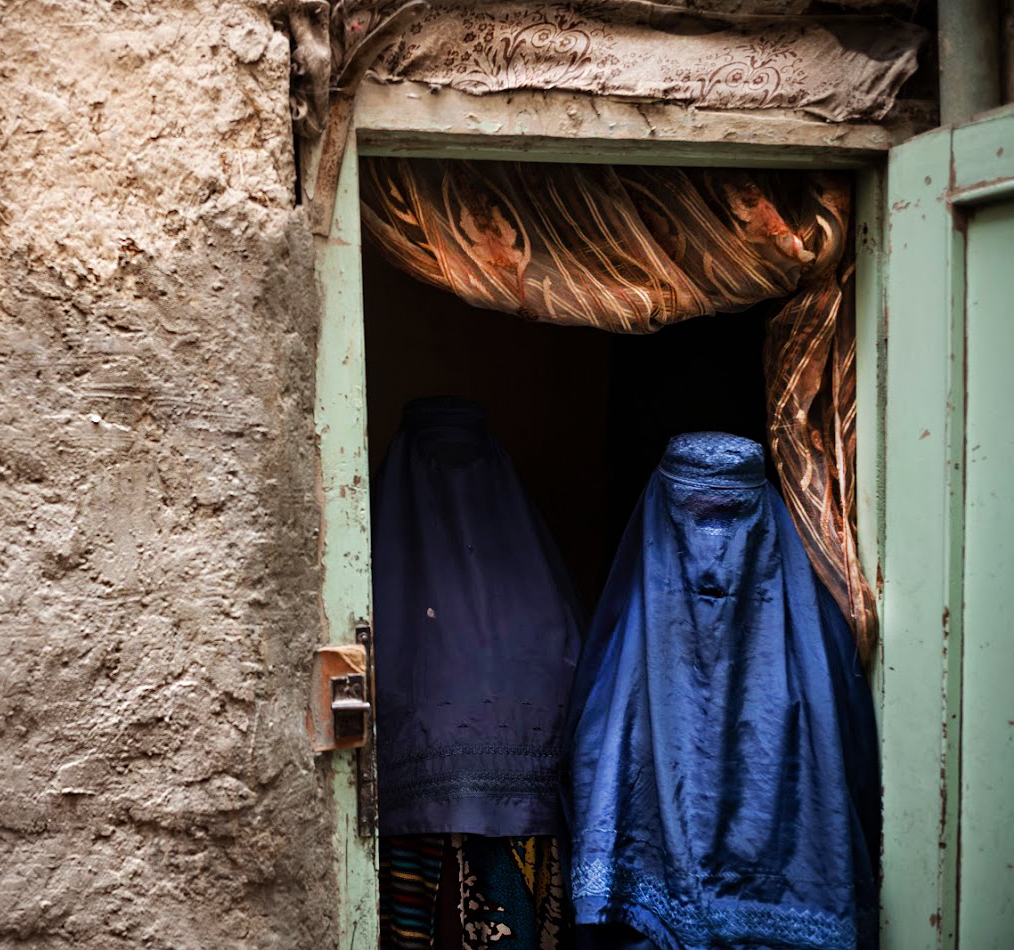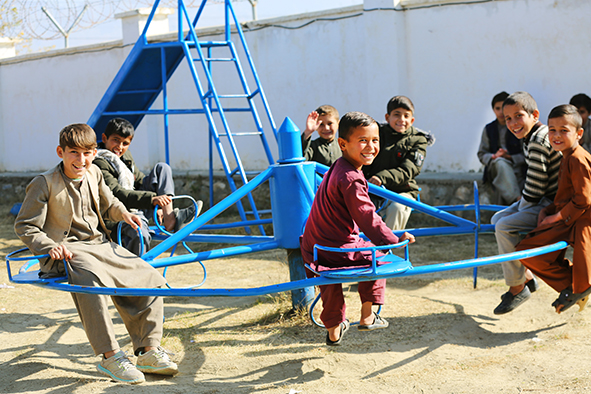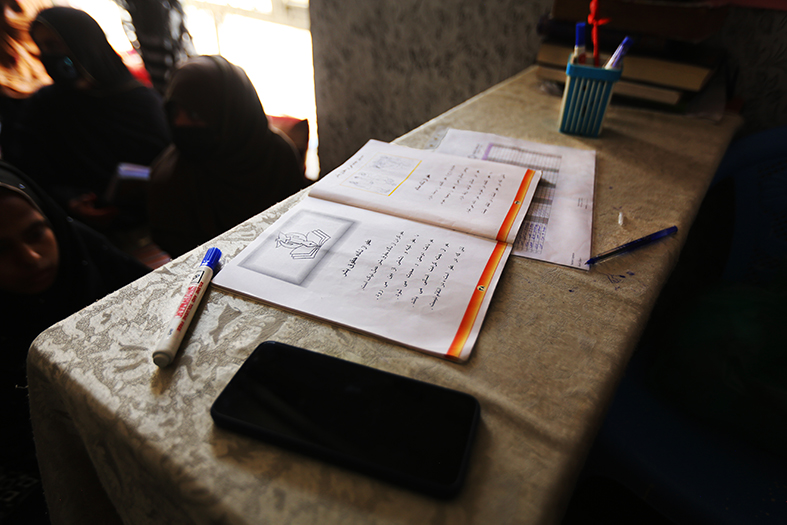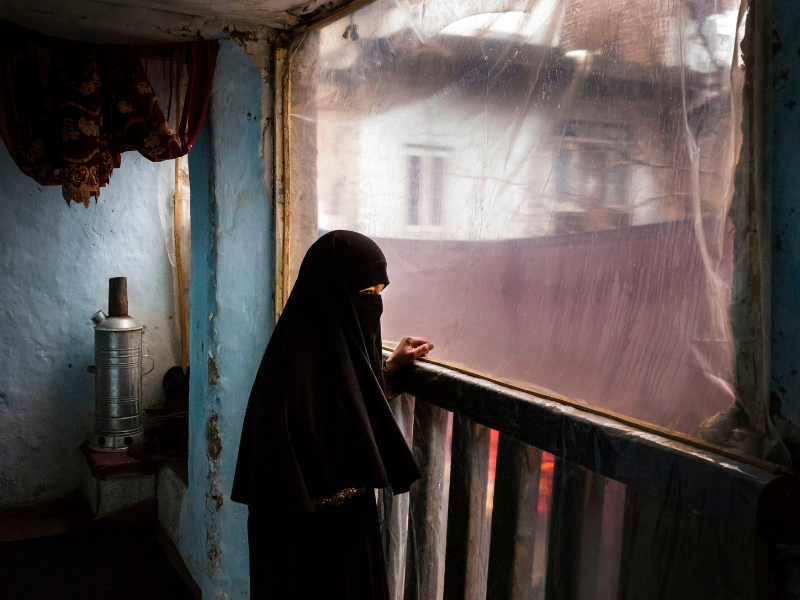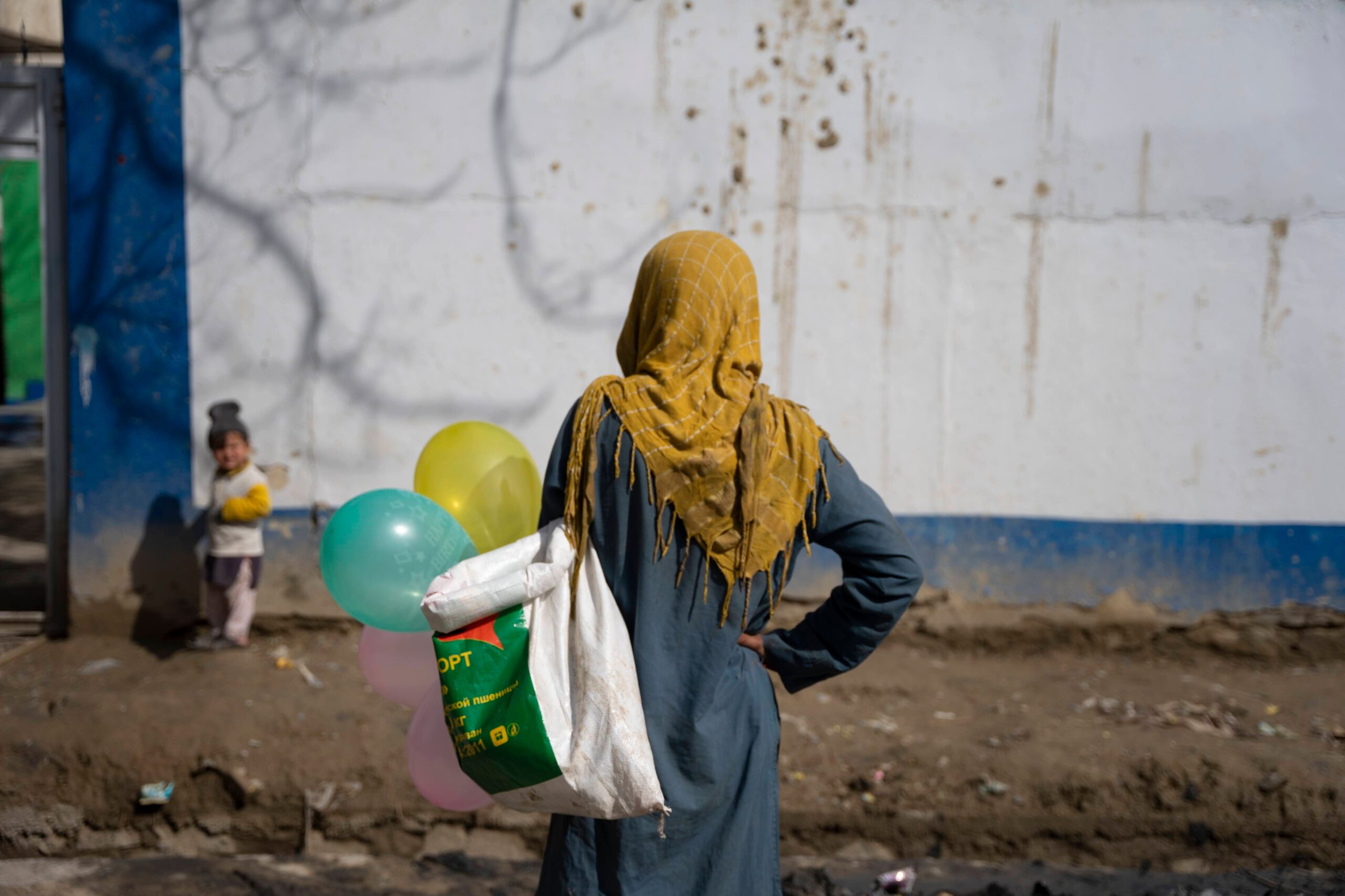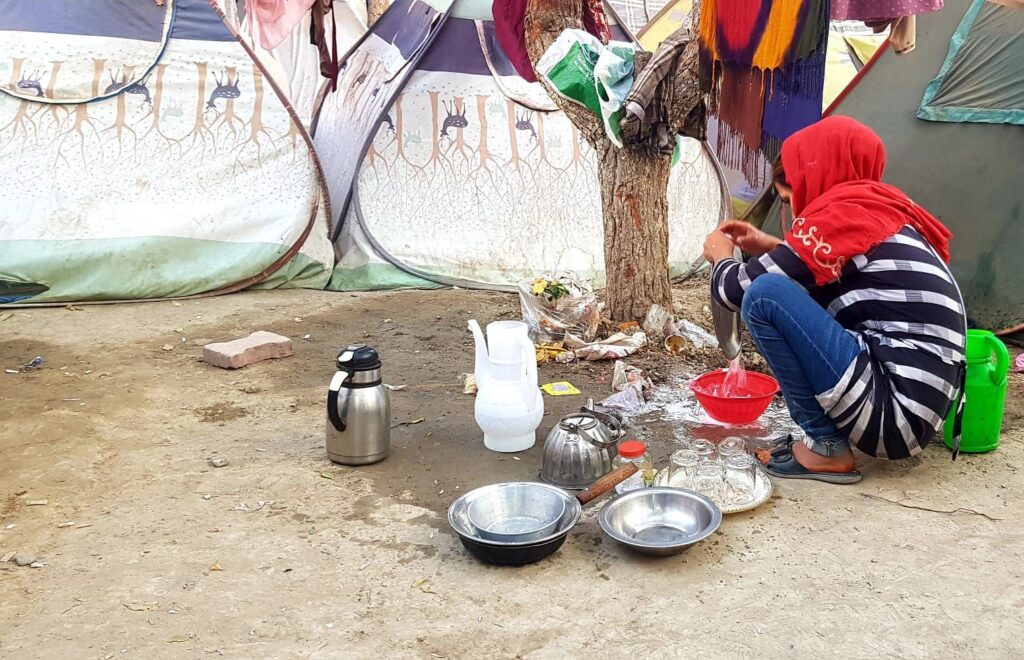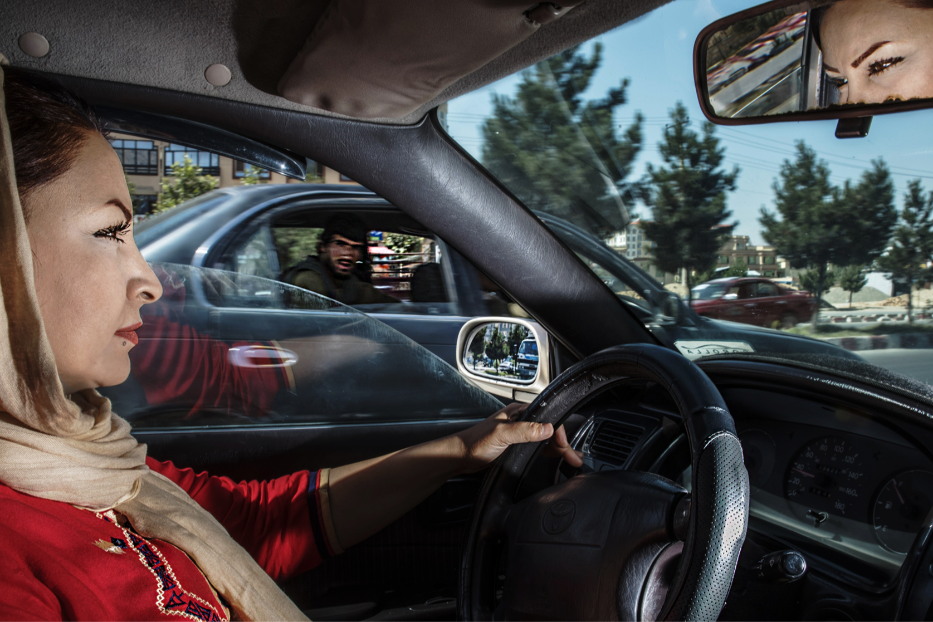Stories
A necessary network for a more welcoming and inclusive Italy
"Cumbersome bureaucracy, inadequate Italian courses, lack of recognition of qualifications, difficult access to scholarships at universities, insurmountable obstacles to renting a house. Every day we see the limits and problems of the welcoming in Italy on the skin of the refugees we follow'. Telling from the inside the concrete and harmful problems that hinder [...]
The Mother's House in Rome: a protected space for care and growth
"One of the peculiarities of Futuro Presente is to integrate what the local actors in the five regions involved in the project are doing for the people included in the project: interventions conceived and designed ad hoc in response to the needs of each person," explains Rosanna Pricoco, coordinator of Futuro Presente. The collaboration between Nove and Casa della Mamma […]"
Nove and Icrc still united for the rehabilitation and inclusion of disabled people in Afghanistan
"In countries suffering from war or post-conflict situations, such as Afghanistan, it is the most vulnerable social groups such as women, the elderly and people with disabilities who pay the highest price". Speaking is Alberto Cairo, a partner at NOVE Caring Humans, who is responsible for the implementation of our physical rehabilitation and social reintegration programmes in Afghanistan (...)
Futuro Presente, targeted responses to emergencies and for social inclusion
Our project "Futuro Presente" represents a significant support for dozens of Italian mother-girls, foreign women with children and unaccompanied foreign minors, both to cope with everyday emergencies and to work on their own social inclusion. The objective of "Futuro Presente" is to help vulnerable people to whom the state fails to offer answers [...].
"Safe Space": sharing and growth for Afghan refugees
The "Safe Space" project, launched in 2022 and now in its third year, continues successfully. By sharing safe online spaces, NOVE Caring Humans promotes the mental well-being of Afghan female refugees. An effective tool that contributes to their social inclusion in their new host country communities. NOVE staff capacity building "Through the partnership with [...]
Sport4Equality: a life-saving network against bullying
Story with a happy ending for a teenager long bullied at school, who emerged from silence and isolation thanks to the psychological support provided by NOVE Caring Humans, as part of the Sport4Equality project. Mustafa is a teenager like many others: a high school student, he is involved with the scouts, he attends athletics, with interest and seriousness. Precisely because of his [...]
Sport4Equality: the centrality of psychological support for children and families
"During the third year of the Sport4Equality project, we are implementing an important improvement: the increase of psychological support for participants, both adults and minors. This decision was guided by the valuable feedback collected from participants in previous years, which highlighted the growing need for more extensive and targeted psychological support". Telling from the inside [...]
The only hope for the future. The story of Khalid
Khalid is a 7 year old boy. He has two brothers and a sister. His mother is a housewife, his father a police officer. They had a prosperous and happy life, a normal life. Then a bomb hit the very street where Khalid's father was on patrol. The man died, and a different life began for his family (…)
The women's restaurant. History of Wahida
Wahida is 40 years old and lives in Kabul where she has run a restaurant for 8 years now. Her restaurant sells traditional Afghan food, but above all it is run by women and hosts women (…)
Much more than a matter of hard work. Hasna's story.
Hasna is 33 years old, lives in Herat and started tailoring when she was 15. During the republican government, she had a shop in the Herat women's market. Once she had saved enough money to hire other women, she started a real tailoring business (…)
Selling cosmetics in Afghanistan. Laila's story
Laila is 25 years old, lives in Kabul and started working after attending NOVE's professional training courses in business development.
6 months ago, she started an online store for women's cosmetics and beauty products. It sells both Afghan and foreign products and is also a wholesaler supplying beauty products to some shops in Kabul markets (…)
A new beginning. Nisar's story
Nisar is twelve years old and has been living in the Kapisa orphanage for a year and a half now. His father died 9 years ago, 2 years ago, due to a serious illness, he also lost his mother. The older sister, aged 20, got married and moved to Iran. When their mother died, Nisar and his 13-year-old sister Behista moved in with their uncle, the only remaining relative (...)
It felt like a sword had pierced my soul. Nabila's Story
At the time I did not have a very profitable job. To make things worse, my mother-in-law and my husband used to work occasional jobs and we managed to survive only by putting together all the earnings. After the Taliban's return, the crisis got worse and worse. The prices became increasingly higher and work started to become scarce. I was eventually fired and and my job opportunities became so sporadic that they could not sustain us anymore.
A life away from preoccupation and poverty. The story of Rustam
Rustam is 9 years old and his younger brother, Omer, is 7. They both lived with their parents until August 2021. However, after the enforcement of the Taliban regime, their father became a drug addict and left his family to never come back again. To this day, they are unaware of his location. They do not even know whether he is still alive or not (...)
Always fight for life. The story of M. and her mother N.
When the Taliban regained power in Afghanistan in August 2021, those who could, tried to reach the airport and flee the country on the first evacuation flight available. N. is a well-educated woman, she used to work in the international field and, at that time, she was about to give birth to a daughter. Had they remained in Afghanistan, their survival would have been at risk (...)
Thrown into a new world. The story of S. and H.
S. and H. are sisters and they fled Afghanistan two years ago with their parents and three newly of-age sisters. In Afghanistan, they used to live a privileged life, thanks to the position held by their father. The older girls attended university whereas the younger ones attended school. They had a life full of friends, relatives and things to do (...)
Zanshin Tech: the martial art teaching people how to defend themselves from digital threats
Zanshin Tech is a digital martial art. It teaches young people and adults techniques and strategies to protect themselves from any kind of digital aggression, such as: cyberbullying, scams, phishing, online grooming, and others. Zanshin Tech techniques are taught through a series of active learning activities carried out in-person or online. In Zanshin Tech we teach people how to become "digital warriors": competent, respectful and always ready to help others in their time of need (...)
Mohammadullah's story. The right to dream
Mohammadullah was born in the Wardak province, south of the capital. He is ethnically Pashtun. In 1992, he lost the use of his legs due to a splinter wound in his back. He only learnt how to read and write because schools were inaccessible for people in wheelchairs. To help his family, he fixed bicycles - mostly punctures - and spent time in his father's second-hand shop. In reality, he dreamt to be an entrepreneur and own a real shop where he could meet people, and feel like he was part of the world (...)
Meena's story. The recipe of freedom
Cooking had always been just a hobby for Meena, but when the Taliban returned to power in Afghanistan, that same passion for cooking saved her. She used to work in an office, but when the Taliban returned in, August 2021, she was left without a job and without money all of a sudden. They took her future away. But she couldn’t and didn’t want to stand still. By word of mouth, she discovered the vocational training and business marketing courses organized by NOVE (...)
Sports and Community: Carla's family meets Sport4Equality
Carla is a mother of four. All of her children are currently participating in the project Sport4Equality. Carla is a single parent and managing four children is very challenging for her, both physically and mentally. Her children suffer from dyslexia and have struggled to stay on track since the beginning of high school. Carla never had the opportunity to practice any sport in her country. Nevertheless, she did not allow her children to give up sports activities (...)
Sports and Parenthood. Interview with Margherita, psychologist of the Sport4Equality project
Margherita is a psychologist. Within tje Sport4Equality project she is responsible for the management of the parenting support program and psychological counselling for parents. Margherita interacts with parents in a series of workshops dedicated to preadolescence and adolescence. Communication, affectivity and relationship with peers are the main topics being discussed (...)
Without education there's no future. Aida's story.
"I was twelve years old when I got married. After my father's death, my mother remarried and my father-in-law forced her to give me to a 74-year-old man as a wife. I was little and I don't remember much of that period. I wanted to go to school and my husband agreed. But, we lived in the country and the school was far away. So, I remained illiterate" (...)
A hope to dream. Mirwais's story.
Twelve-year-old Mirwais has been in the Kapisa orphanage for several years. His father was killed while fighting against the Taliban. A year later, his mother also died of an illness, which Mirwais called "yellow-eye disease", probably a form of hepatitis. This is how he described his family situation, "My father died in the war and my mother from illness. So, I'm fatherless and motherless" (...)
The opportunity for a new life. Nazifa's story.
As a child, Nazifa longed to study, but was never able to go to school. She felt that she was missing something important saying, "I sometimes felt as if I had a veil over my eyes. I also got into trouble because I couldn't read". There were too many things she could not understand or know. While doing household chores one day, she threw away some of her parent's important documents because they just looked like ordinary paper to her (...)
The long escape. Aqela's story.
Aqela, twenty-nine years old, waits for us on the street. She wears a black coat and a long black skirt. A black scarf leaves uncovered only her wonderful blue eyes. We walk with her down a street too narrow and steep for cars. We cross a gate and two small courtyards, and then we slip into a room. The room is gloomy. The red carpet on the floor is worn out. A mezzanine barely allows you to stand. There is only one window, very small, hidden by the curtains. A neon light makes the faces and her story more heartbreaking (...)
A mother's strength. Tarana’s story.
Tarana grew up and went to school in Iran, returned with her family to Afghanistan, was married and gave birth to two children. The youngest had cerebral palsy and other major complications. The difficulties arising from these serious illnesses led to the breaking down of an already fragile marriage (...)
The solution is not to die. Laleh’s story
Laleh is a graceful girl, small in stature, with a sad if not desperate expression. Three years ago her husband died in an explosion. They searched for the body without finding any evidence of it. Since then, she has been left alone with her children: a girl aged ten, a boy aged nine and a girl aged four (...)
The dream route. Parisa’s story.
Parisa left Afghanistan with her family during the first Taliban regime (1996-2001) while still a child and grew up and studied in Iran. At the age of 16, there was the first leap into the dark. She was given in marriage by her father to a perfect stranger, with no possibility of opposing it. Parisa was patient and lucky. Over time she managed to build a loving relationship with her husband, with whom she had three children (...)

